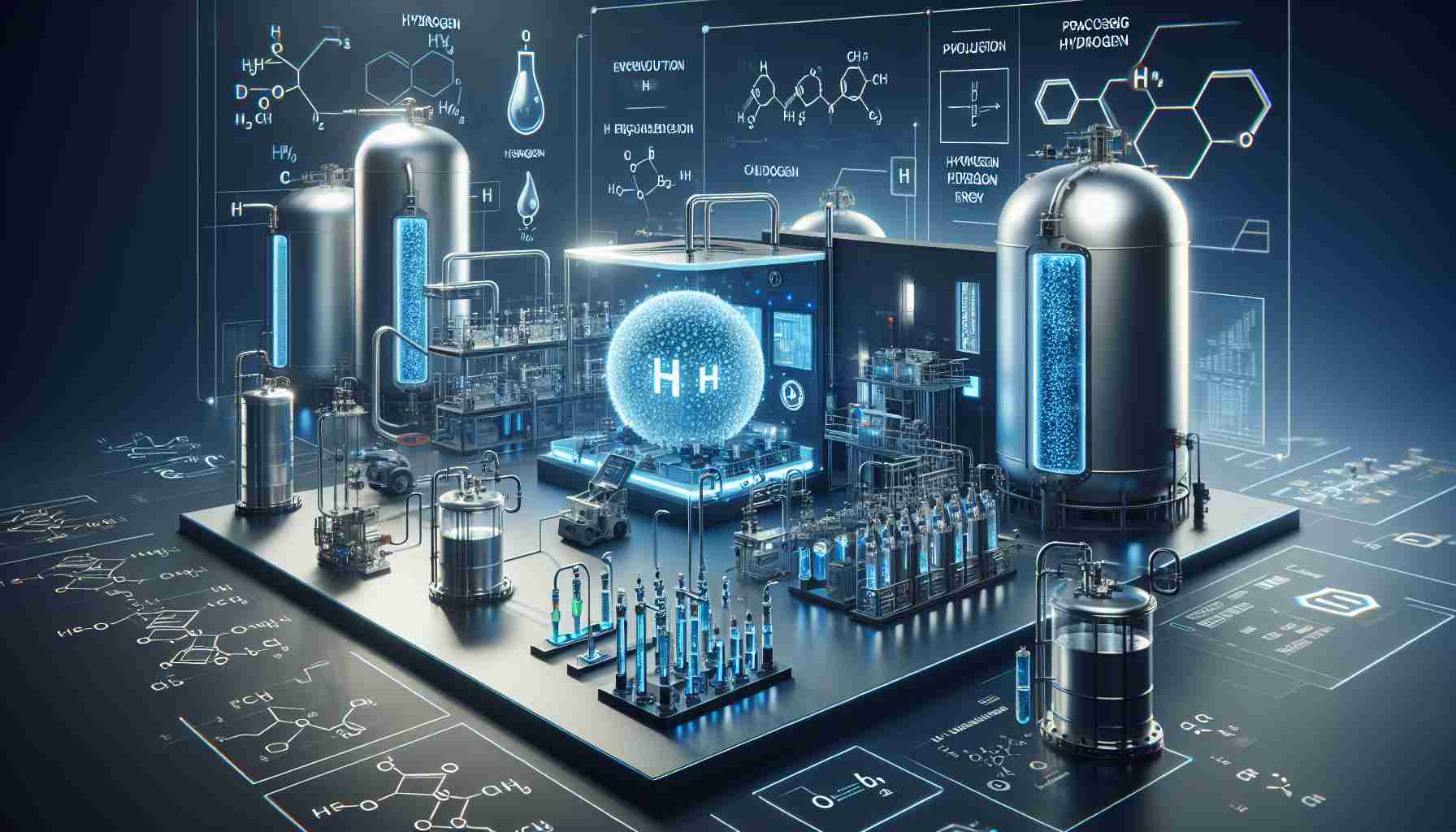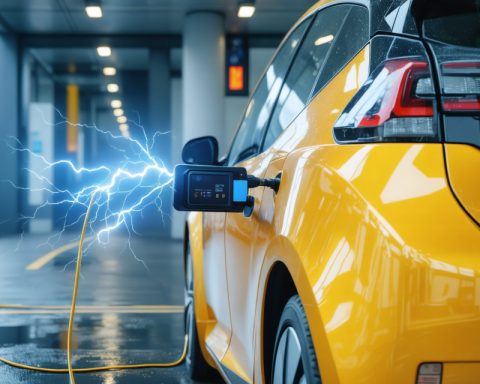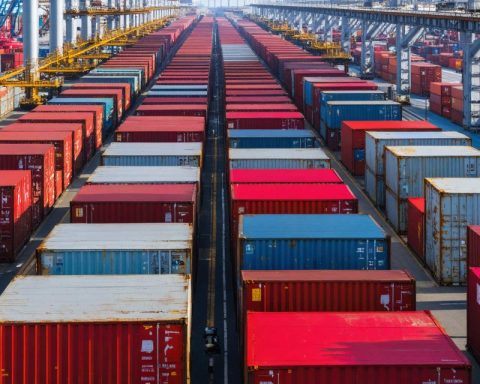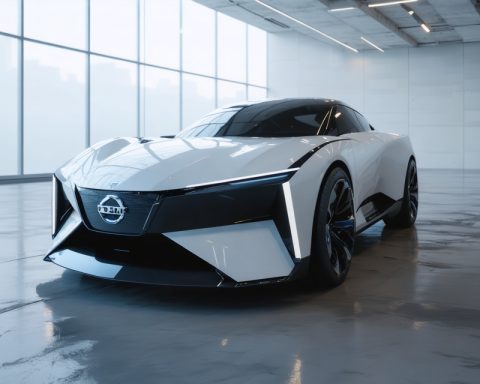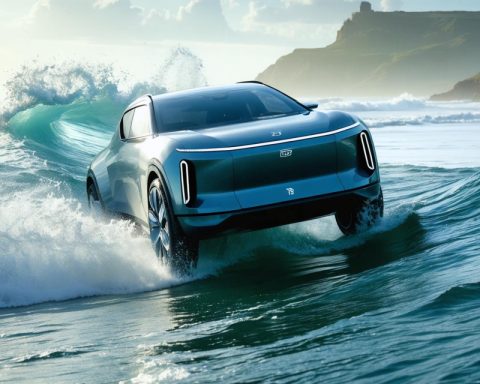Northwest Takes a Step Forward in Clean Energy
In a significant development, the U.S. Department of Energy has commenced an evaluation process for the environmental implications of regional hydrogen initiatives. Announced recently, this review aims to identify potential drawbacks tied to the construction and operation of hydrogen facilities. Importantly, this phase serves as an initial step, and funding for these projects is not guaranteed.
As part of this exciting initiative, the Pacific Northwest Hydrogen Hub, which encompasses Washington, Oregon, and Montana, is set to benefit from approximately $1 billion in federal funding over the upcoming decade. Plans include multiple hydrogen production plants, pipelines, and fueling stations designed to promote the use of hydrogen-powered vehicles.
One of the standout features of this green hydrogen is its environmentally friendly production method, utilizing water to generate energy without releasing harmful emissions. Analysts predict that this hub could significantly mitigate greenhouse gas emissions, potentially eliminating around 1.7 million metric tons of carbon dioxide annually—akin to removing 400,000 gasoline cars from our roads.
Despite these promising prospects, the project faces hurdles, including escalating renewable energy costs that threaten affordability. Furthermore, ongoing uncertainties regarding federal tax credits are causing delays and confusion among stakeholders. The public is encouraged to engage in the process by attending a virtual meeting scheduled for January and submitting feedback by March 2025.
The fight against climate change takes shape in the Northwest, and your voice counts!
Green Hydrogen Revolution: The Future of Clean Energy in the Pacific Northwest
Introduction to the Pacific Northwest Hydrogen Hub
The Pacific Northwest is on the brink of a clean energy transformation, spearheaded by the U.S. Department of Energy’s assessment of regional hydrogen initiatives. This comprehensive evaluation seeks to address the environmental impacts of proposed hydrogen projects and will guide the development of this innovative energy source throughout Washington, Oregon, and Montana.
Key Features of the Initiative
The Pacific Northwest Hydrogen Hub is poised to receive around $1 billion in federal funding over the next decade. This ambitious undertaking involves the establishment of multiple hydrogen production facilities, a network of pipelines, and the installation of hydrogen fueling stations. These developments aim to bolster the adoption of hydrogen-powered vehicles, offering a cleaner alternative to traditional fossil fuels.
Environmental Impact and Benefits
One of the most notable aspects of green hydrogen production is its method, which employs water and renewable energy, ensuring that harmful emissions are kept at bay. By harnessing this eco-friendly technology, the Pacific Northwest could see a dramatic reduction in greenhouse gas emissions—potentially eliminating about 1.7 million metric tons of carbon dioxide annually. This impact is comparable to removing 400,000 gasoline-powered cars from the roads, highlighting the project’s significance in combating climate change.
Pros and Cons of the Hydrogen Initiative
Pros:
– Clean Energy Production: Hydrogen can be produced without harmful emissions, positioning it as a sustainable alternative.
– Economic Opportunities: The initiative will create jobs in construction, operation, and maintenance of hydrogen facilities.
– Reduction of Greenhouse Gases: A significant decrease in carbon emissions can be achieved, benefiting the environment.
Cons:
– High Energy Costs: The rising costs of renewable energy sources may pose challenges to the project’s affordability.
– Uncertainty Over Federal Support: Inconsistencies regarding federal tax credits could delay project timelines and stakeholder confidence.
How to Participate
The U.S. Department of Energy encourages public participation in shaping the future of this initiative. Interested individuals can attend a virtual meeting set for January and are invited to provide feedback by March 2025. Engaging with local communities and stakeholders is crucial to ensure transparent and inclusive decision-making processes.
Insights and Future Perspectives
Analysts indicate that the success of the Pacific Northwest Hydrogen Hub could set a precedent for similar projects across the country. As the global demand for clean energy solutions grows, hydrogen is touted as a pivotal player in the energy transition.
Conclusion
The Pacific Northwest Hydrogen Hub represents a significant leap toward sustainable energy, promising vast economic and environmental benefits. While challenges remain, the commitment to clean energy offers hope in the ongoing battle against climate change. For more updates on this transformative initiative and other clean energy projects, visit the U.S. Department of Energy.
